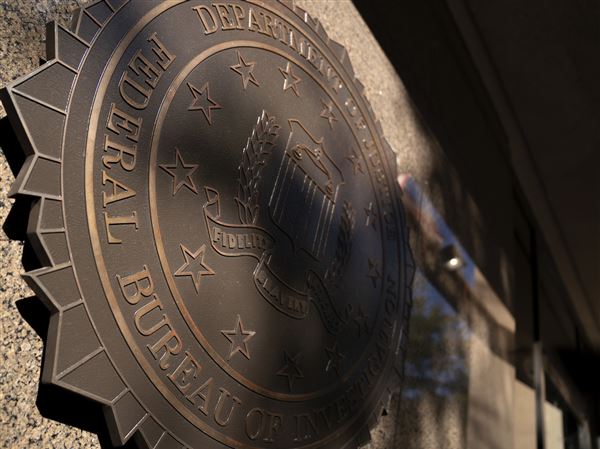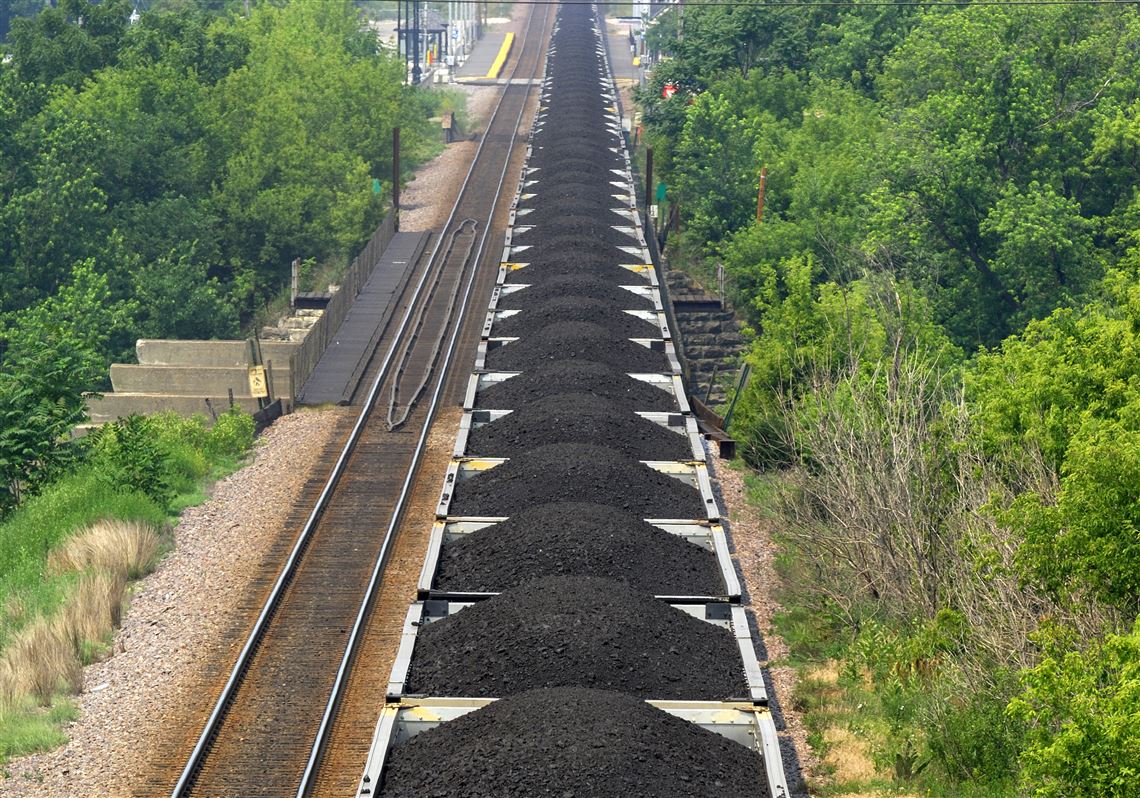Pennsylvania Treasurer Rob McCord’s recent op-ed supporting the EPA’s so-called Clean Power Plan mandating carbon emission standards (“Pennsylvania Should Embrace the New-Energy Economy,” Dec. 30) came up short in several respects.
Mr. McCord acknowledged that compliance with the proposed standards could create economic damage and would be “tough to embrace.” That would be particularly so in Pennsylvania, one of the country’s top energy-producing states, which provides a significant proportion of the electricity for consumers and businesses in the eastern United States.
What he failed to consider is that all of the U.S. coal-fired power plants combined account for a mere 4 percent of global greenhouse gas emissions, according to the U.S. Energy Information Administration. In comparison, coal-fired power generation in only two developing nations, China and India, account for 20 percent, and they are increasing their reliance on coal.
So, despite the considerable consequences in Pennsylvania — the endangering of thousands of family-sustaining jobs, increased electric rates and a diminished supply of reliable baseload electricity — the proposed emission standards would provide little, if any, environmental benefit.
The coal industry already has made significant strides in reducing all types of emissions, including sulfur, nitrogen, particulates and carbon. The Pennsylvania Department of Environmental Protection reported carbon dioxide emissions from fossil fuel-fired power plants in the state declined by 12 percent between 2008 and 2013.
The proposed standards for existing power plants cannot be met with commercially available technology. Contrary to Mr. McCord’s assertion, targeting one industry by imposing impossible-to-meet standards is the antithesis of “real flexibility.”
Renewable energy sources such as wind, solar and hydro are a welcome addition to America’s energy landscape. However, in Pennsylvania, these sources combined make up only 3 percent of the electric portfolio, even with the assistance of the state and federal grants used by several of the companies touted by Mr. McCord. It is impractical to assume that these sources could replace coal’s market share of 40 percent in Pennsylvania and 39 percent nationally even with continued availability of subsidies and grants.
Coal, gas and nuclear energy account for nearly 88 percent of U.S. electricity generation, renewables for only 12 percent. The Energy Information Administration projects that renewables will account for only 16 percent by 2040.
According to the Pennsylvania Economy League of Greater Pittsburgh, the coal industry supports more than 36,000 jobs across all sectors of Pennsylvania’s workforce and contributes more than $4.5 billion per year to the state’s economy. Of the 36,000 jobs, some 13,000 are family-sustaining coal-industry jobs, the kinds of jobs we worry about losing to other countries. These jobs provide a strong tax base and add to the state budget annually. In 2011, the coal industry contributed $1.1 billion to the state general fund.
Mr. McCord’s recounting of Pittsburgh’s transformation from steel production to high tech is inspiring. But that transformation would not have been possible if electricity prices were up to 100 percent higher, which has been the experience in some nations and regions of this country when the most affordable and reliable energy source — coal — has been removed from the electricity-generation picture. Pennsylvania electric rates make the state attractive for businesses and manufacturing.
A recent study conducted by NERA Consulting showed that if the Clean Power Plan is enacted as proposed, Pennsylvania’s electric rates will increase by up to 31 percent. For the 2.4 million low-income and middle-income families in Pennsylvania that spend, on average, 19 percent of their after-tax income on energy — almost 50 percent of the state’s households — this rate increase would leave many in the cold.
On one point Mr. McCord is absolutely correct — Pennsylvania has been making remarkable progress in reducing greenhouse gas emissions. That’s why we should continue to reduce emissions as science and technology evolve without crippling our economy for little or no additional environmental benefit.
We do not need to choose between the economy and the environment. We can preserve jobs, continue to power the economy and have reliable, affordable electricity with a commonsense approach on this issue.
John Pippy is CEO of the Pennsylvania Coal Alliance (BetterWithCoal.com).
First Published: January 21, 2015, 5:00 a.m.















